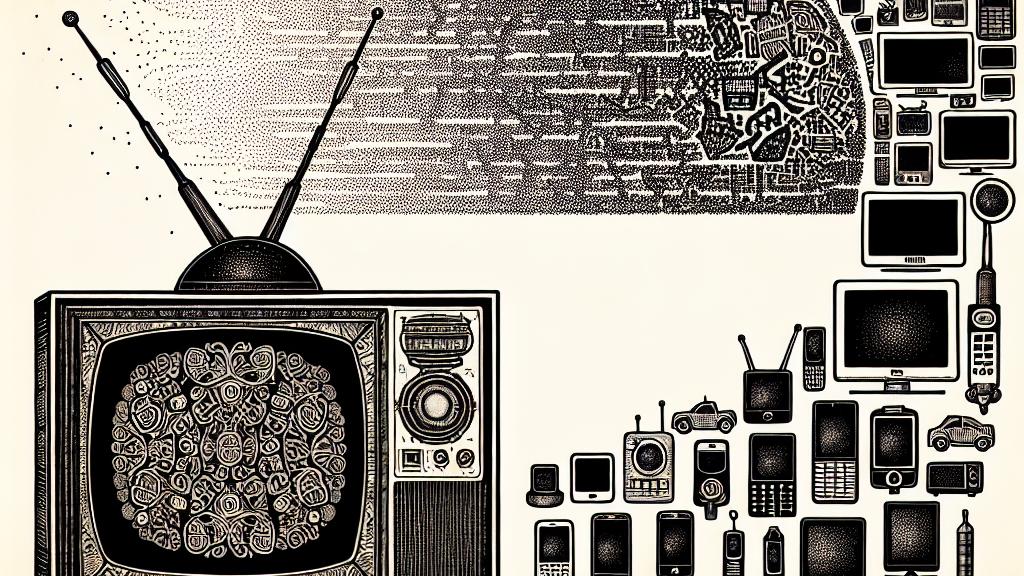NHK's Network-Only License Fee Plans
Overview
- NHK introduces an innovative internet-only subscription fee system that aligns with current broadcasting practices.
- The new fee, priced at 1100 yen per month, ensures transparency while catering to modern viewing habits.
- Households already contributing to the traditional license fee will face no unexpected charges, easing their transition to digital.

Context and Significance
In Japan, the iconic NHK (Nippon Hoso Kyokai) is set to revolutionize its subscription model with the introduction of an internet-only license fee, slated for implementation in the latter half of fiscal 2025. This monthly charge of 1100 yen not only mirrors the existing fee for conventional terrestrial television, promoting uniformity, but also reflects the shift towards digital media consumption that has captured audiences worldwide. Recent legislative changes classify online content distribution as an essential service for NHK, highlighting the necessity of adapting to current viewer preferences. This transformation is not merely procedural; it symbolizes a momentous pivot in NHK's strategy as it embraces the digital landscape, making it easier for viewers to access quality content anytime, anywhere.
Implementation Insights
As NHK prepares for this leap into digital broadcasting, various details surrounding the fee structure merit attention. At an upcoming management meeting, NHK executives will reveal a revised operational plan that explicitly outlines the new fee conditions. Importantly, only viewers who opt for exclusive internet services will be charged the new fee. Traditional payment methods such as bank transfers and credit cards will remain available, ensuring accessibility for everyone. Additionally, users can expect attractive discounts for advanced payments, similar to current offers for terrestrial viewers. It's crucial to emphasize that merely owning a smartphone or computer does not automatically incur a fee; viewers must actively register and engage with NHK's services to trigger the payment. This proactive engagement approach fosters a user-centered experience, encouraging audiences to explore NHK's extensive content library.
Future Implications and Global Trends
Looking forward, NHK's initiative underscores not just its commitment to staying relevant but also its role in a larger global narrative of media consumption transformation. The blending of traditional broadcasting with modern streaming platforms echoes trends observed globally, where viewers increasingly demand flexibility and on-demand content. Take, for example, how services like Netflix have reshaped the landscape by allowing subscribers the freedom to choose what, when, and how they watch. Such innovations challenge traditional models and force broadcasters to think creatively about their offerings. As NHK forges ahead with its new licensing model, this could very well serve as a blueprint for broadcasters worldwide facing similar shifts. Strategies like this not only enhance NHK’s relevance but also facilitate a broader cultural embrace of diverse viewing methods, ultimately shaping the future of how content is consumed across different demographics.

Loading...